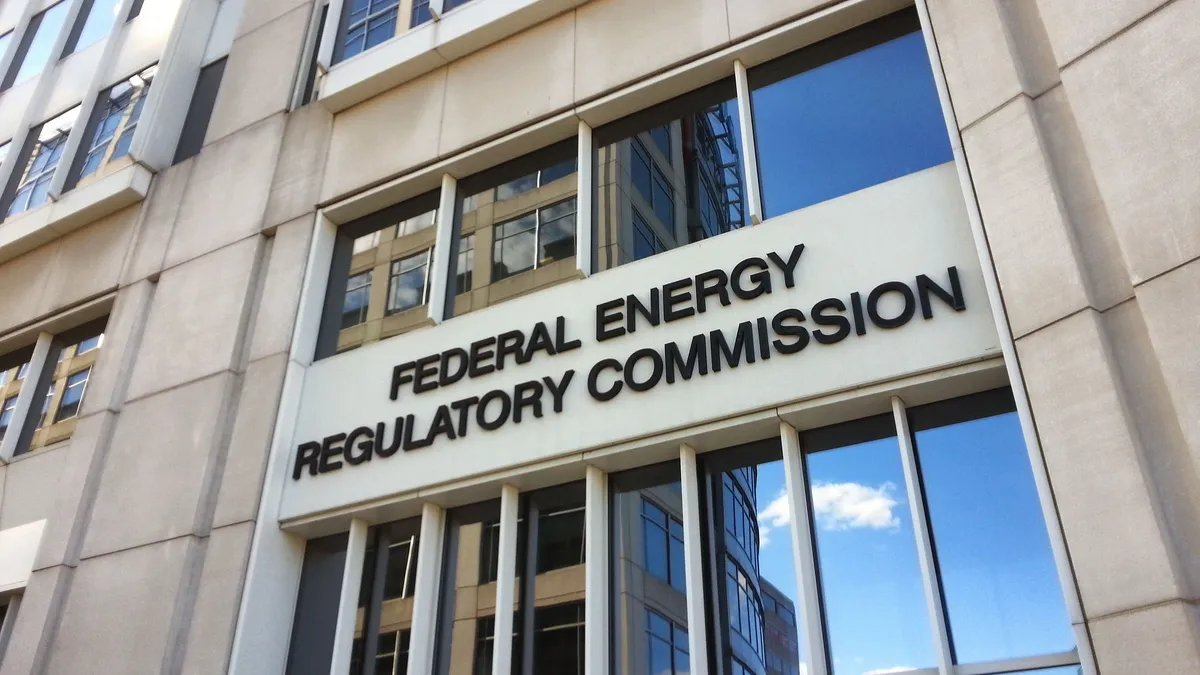Dive Brief:
- The nonprofit watchdog group Public Citizen on Tuesday accused the PJM Interconnection of violating the Federal Power Act by making contributions to political action committees with funds from member companies.
- Public Citizen filed a complaint with the Federal Energy Regulatory Commission, arguing the nearly $500,000 that PJM gave to the Democratic Governors Association and the Republican Governors Association since 2007 violated the FPA.
- PJM says the payments were "annual business council membership fees" that allow the grid operator to participate in policy meetings at each association and were "not intended to support any political campaign."
Dive Insight:
Public Citizen, which typically takes up liberal causes in the energy arena, argued in its filing with FERC that PJM's political contributions violate the FPA's requirement that electricity rates — including those FERC approves to cover PJM's costs — be just and reasonable.
The group says PJM has donated at least $456,500 to the two PACs "for the purpose of financing partisan electoral politics that have not been disclosed to FERC or PJM’s stakeholders."
PJM, for its part, says the contributions were made to each governors association to allow it entrance into policy summits where energy issues are discussed.
"PJM’s external affairs and communications costs, including these memberships, are collected through PJM’s filed stated rates consistent with FERC’s order authorizing these costs to be collected from ISO-RTO members," spokesperson Susan Buehler wrote in an email.
Public Citizen, however, argues that using money from PJM members — originally collected from electricity ratepayers — is a violation of the FPA if it is used for PAC contributions, even if those contributions are ostensibly for educational purposes.
"If PJM is financing partisan political activities through its filed rate, than such funding is unjust and unreasonable," the group wrote.
The nonprofit also says it has recorded "millions of dollars in PJM lobbying expenditures," using at least five lobbying firms, "that also have not been disclosed to FERC or stakeholders." The RTO did not address those claims in its emailed statement.













